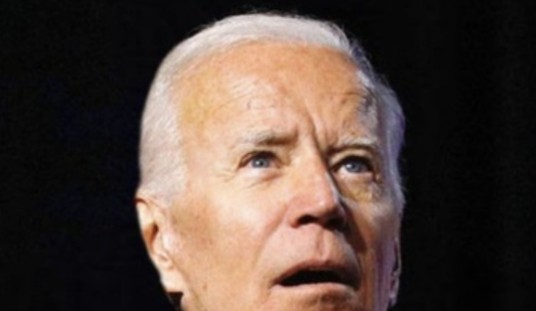There is a little noted element of the payroll tax holiday extension going through congress, and to the surprise of many it has nothing to do with funding Social Security or what forty dollars will buy you. It’s the expiration of the Wind Production Tax Credit (PTC) which has some advocates up in arms.
An extension of the Wind Production Tax Credit (PTC), a federal incentive allowing for the wind energy industry to remain competitive with traditional forms of energy production, has been left out of a payroll tax cut extension currently making its way through the U.S. House of Representatives.
An earlier version of the highly contentious payroll tax cut and unemployment insurance bill contained the PTC extension, but North American Windpower and other organizations associated with the wind industry reported Wednesday afternoon that a final compromise between congressional democrats and republicans excluded the renewable energy funding — a move that has some in the industry worried.
For a more complete analysis of what this decision entails, check in with Master Resource.
Ominous, scary ads are running nationwide warning of the crushing blow to American jobs if Congress fails to extend the Production Tax Credit (‘PTC’), the 20-year ‘temporary’ subsidy most credited for market growth in the wind sector. The PTC is due to expire at the end of this year.
Most of the ads target particular House members who, so far, have resisted the industry’s demands for their PTC earmark. The pressure is particularly heated right now as Congress negotiates the payroll tax holiday bill, which is viewed by many as the last best chance to attach an extension of the PTC before November’s presidential election.
There is no difference between this and my previous posts on natural gas subsidies and other forms of energy. America, in the long run, will need an all of the above menu of energy options, but each of them will need to be able to stand on their own without Big Brother propping them up and distorting the market. There may very well be a significant place at the table for wind energy in the future. (And there is at least a limited setting for them now.) But they will have to prove to the market that they are viable.
This may come as a result of advancements in technology – which many conventional energy companies are working on even today – or because of eventual diminishing supplies of other energy types. Either way, if the market bears the weight, they will succeed. But if Solyndra taught us nothing else, it’s that Washington is very, very poorly equipped to pick winners and losers in this critical market sector. The “panic” going on here is not a signal of the end to something important, but to something which is hindering the natural process of finding our most economical path forward in energy independence.








Join the conversation as a VIP Member